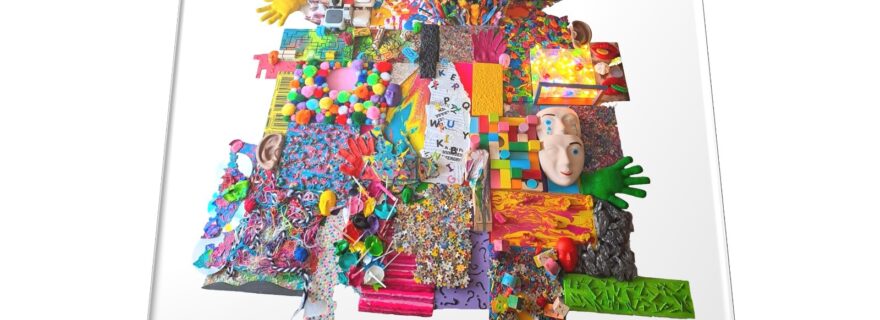Are autistic people unsocial? Or is it in the eyes of the non-autistic people?
Growing up as an introvert, I was constantly pressured by family members, teachers, and friends to be more social and to behave more like some other child who was exuberant, talkative, and confident, so that I could thrive in a world which obviously favors extroverts.
Now, still an introvert but having made peace with my introvert traits, I work as a developmental psychologist and spend a lot of quality time with myself: reading, thinking, and writing. However, as I research the development of children on the autism spectrum, I seem again to come up against that old theme that used to haunt me throughout my entire youth. As an introvert living in a world where extroverts have an advantage and the rest of us are forced to bend and adapt, I feel deeply for autistics who live in a world which favors non-autistics, constantly pressuring them to be less autistic. One major inconvenience that autistics are accused of bringing into this world is not being social.
Well, it’s true that some autistics are not social, but so are half of the world’s population. What’s wrong with it? And why does it matter so much when it comes to the autistics?
Someone may say “ok, so introverts may not be social, but at least they don’t turn their back on you all of sudden, or simply stop responding”. If you happen to know an introvert, go ask how that person really feels after a ‘borrel’ [drinks reception]. While extroverts find social time invigorating and feel recharged after talking with a large group of people, for many introverts, social time is way less entertaining but only energy draining. Now, if you push this life experience to a more extreme end, there you get the autistics. The batteries of the autistic mind probably get exhausted much faster. It’s not that autistics want to be rude or hurt others’ feelings: they just can’t help it that their energy has run out. And at certain point, like when your phone battery abruptly dies, autistics have to shut themselves down and retreat from any social interaction, so that they can get recharged.

In fact, non-autistics are largely responsible for the quick draining of the autistic batteries. Just look around our environment: crowded parties, bustling public spaces, lively conversations, labyrinth-like buildings, etc. Sensory overload is a challenge that many autistics struggle with on a daily basis, as depicted in the artwork by the young autistic artist Jasmijn den Hoed, titled “OvErPRíkKeLd” [overstimulated]. Fatigue, headaches, anxiety... this is what many autistics experience after going to school, to work, or to the supermarket. If someone is physically exhausted and mentally distressed, how can you expect them to approach you and carry on a friendly conversation?
Another fact that non-autistics tend to ignore is that there is not just one narrow definition of socialization. While non-autistics may prefer face-to-face conversations or physical touch, autistics may find comfort in communicating through written or digital means, participating in online communities, or finding solace in shared interests or hobbies. These forms of socialization are just as valid and meaningful as the traditional modes of interaction. However, so far the autistic way of socializing is scarcely understood, let alone acknowledged. Even for researchers who have been studying autism for years, one pitfall many of them may not be aware of is that a lot of the research claiming that autistic people have impaired social skills was based on research designs that evaluated the social skills of autistics based on non-autistic standards. For example, a prototypical empathic response to a crying child, as expected by non-autistics, is to give the child a hug. If an autistic appears indifferent to the child’s sorrow, but obsessed with giving instructions on how to do things correctly, this autistic person would often be seen, through a non-autistic lens, as being unempathic and unsocial.
Next time, when an autistic person does not respond to social cues in the expected way, how about the non-autistics show a bit of understanding and respect, instead of quickly labeling the whole autistic population as being unsocial? Such understanding would be a meaningful step towards creating an inclusive society, where diversity is seen as the norm rather than as a deviation from the norm.
Banner: Overstimulated? Artist Jasmijn den Hoed pictures her brain with cacophony of colours




